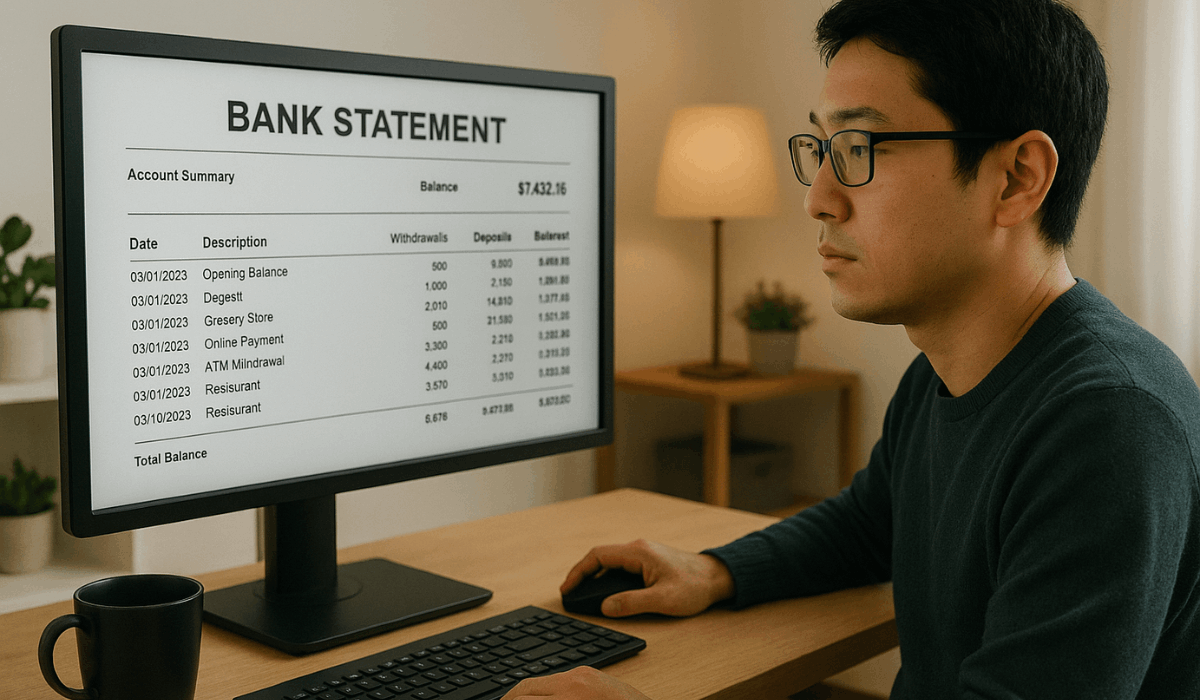Saving money in Japan can feel challenging, but with the right strategies, it’s possible to cut costs and build a stronger financial foundation.
In 2025, rising living expenses and inflation make it even more crucial to manage your budget effectively.
This guide will provide you with practical tips to save more every month, helping you make the most of your money while living in Japan.
Understanding the Cost of Living in Japan
The cost of living in Japan varies by location and lifestyle, making it essential to understand key expenses for better budgeting. Here’s a quick breakdown:
- Rent: Rent is typically the most significant expense, with higher costs in major cities like Tokyo and Osaka compared to rural areas.
- Utilities: Utility bills (electricity, water, gas) fluctuate depending on the season, with higher costs for heating in winter and cooling in summer.
- Food: Groceries, mainly imported goods, can be pricey, but shopping at discount stores helps reduce costs.
- Transportation: Public transportation is affordable, but costs can add up with long commutes or taxi use.
- Healthcare: Japan’s public healthcare system offers low premiums; however, some services incur out-of-pocket costs.
- Entertainment: Many activities are free, but dining out and events can increase expenses.

Track and Control Your Spending
Managing your money starts with knowing where it goes each month.
Tracking your spending helps you stick to your budget and find savings opportunities. Here are some tips to manage your expenses:
- Use Budgeting Apps: Apps like Moneytree or Zaim can track your spending in real-time and categorize expenses for easy review.
- Set Spending Limits: Establish clear limits for each category (e.g., groceries, dining out) to avoid overspending.
- Review Bank Statements: Regularly review your bank and credit card statements to identify any unnecessary charges or subscriptions.
- Track Small Purchases: Even small daily expenses add up. Keep an eye on everyday costs, such as coffee or snacks.
- Create a Monthly Budget: Break down your income and expenses into categories and set realistic goals for saving.
Housing Savings
Housing is often the most significant monthly expense. Finding ways to save on rent and utilities can make a substantial difference in your budget.
Here are some practical ways to cut housing costs:
- Choose Affordable Areas: Consider living in suburbs or smaller cities where rent is lower than in major urban centers like Tokyo or Osaka.
- Negotiate Rent: If you’ve been in your apartment for a while, try negotiating a lower rent with your landlord, especially if you’re a reliable tenant.
- Downsize: Consider moving to a smaller apartment or sharing space with roommates to reduce your rent and utility costs.
- Energy-Efficient Living: Save on electricity by using energy-efficient appliances and being mindful of your energy consumption.
- Utilize Government Housing Programs: Look for housing subsidies if you’re a first-time renter or have a low income.
Transportation Savings
Transportation costs can quickly add up, but there are several ways to reduce these expenses. Here are some strategies to save on transportation:
- Use Public Transport: Japan’s public transportation system is efficient and affordable. Use train and bus passes for unlimited travel.
- Buy Discount Passes: Look for daily or monthly travel passes, such as the Suica or Pasmo card, to save on regular trips.
- Walk or Bike: In many areas, walking or cycling is a cost-effective and healthy alternative to public transport.
- Carpool: If you must drive, consider carpooling with friends or colleagues to share fuel costs.
- Avoid Taxis: Taxis can be expensive. Use them sparingly or switch to rideshare services for more affordable options.
Grocery and Food Savings
Food can be a significant part of your monthly expenses, but there are several ways to save while still enjoying delicious meals.
Here are some tips to reduce your grocery and dining costs:
- Shop at Discount Stores: Stores like Don Quijote and Daiso offer affordable groceries and household goods.
- Buy in Bulk: Purchasing items in bulk can reduce the per-unit cost, especially for non-perishable goods.
- Stick to Local Produce: Local and seasonal fruits and vegetables are typically cheaper and fresher than imported ones.
- Cook at Home: Preparing meals at home is more cost-effective than dining out or ordering takeout.
- Plan Meals: Planning meals in advance helps you avoid impulse purchases and reduce food waste.
Entertainment and Leisure Savings
Entertainment and leisure activities can quickly add up, but there are plenty of affordable ways to enjoy your free time in Japan.
Here are some tips to help you cut costs while still having fun:
- Look for Free Events: Many cities in Japan host free festivals, exhibitions, and outdoor activities throughout the year.
- Visit Free Attractions: Explore parks, temples, and public gardens, which often have no entry fees.
- Take Advantage of Discount Days: Many museums, attractions, and events offer discounted admission or free entry on specific days of the month.
- Use Discount Websites: Platforms like Groupon and Rakuten often offer discounted tickets and deals for entertainment and dining.
- Avoid Expensive Dining: Instead of dining out at pricey restaurants, opt for casual eateries or food courts for affordable meals.

Smart Shopping
Smart shopping helps you save money while still getting the items you need and want.
By being strategic about when and where you shop, you can make your money go further. Here are some tips for smart shopping in Japan:
- Shop During Sales Seasons: Take advantage of sales events like New Year’s, Summer, and Winter sales for discounts.
- Utilize Loyalty Programs: Many stores offer loyalty cards or point systems (e.g., T-Point, dPoint) that provide discounts or rewards.
- Buy Secondhand: Shopping at secondhand stores or online marketplaces can help you save on items like electronics and clothing.
- Compare Prices Online: Utilize price comparison sites or apps, such as Kakaku.com, to find the best deals.
- Avoid Impulse Purchases: Stick to a shopping list to avoid unnecessary spending.
Financial Tools and Accounts to Save More
Utilizing the right financial tools can help you save more efficiently and maximize your financial resources.
These tools offer better returns and convenience for managing your savings. Here’s a list of options to consider:
- High-Interest Savings Accounts: Opt for savings accounts with competitive interest rates to accelerate your savings growth.
- Automated Savings Apps: Apps like Moneytree or Bank of Japan’s automatic savings programs help you set aside money without thinking about it.
- Cash-Back or Rewards Credit Cards: Use credit cards that offer cash back or points for purchases, but be sure to pay off the balance each month to avoid interest fees.
- Investment Accounts: Consider low-risk investment accounts or mutual funds to earn higher returns on your savings.
- Digital Wallets: Use apps like PayPay or Line Pay to keep track of your spending and save automatically.
Take Advantage of Government Programs and Discounts
Japan offers government programs and discounts to help lower living expenses.
By using these, you can save on everything from healthcare to transportation. Here are some to consider:
- Child and Family Subsidies: Look for government subsidies for education, childcare, and other family expenses if you have children.
- Healthcare Benefits: Japan’s public healthcare offers affordable premiums, with additional discounts based on income or age.
- Tax Deductions: Take advantage of tax deductions for dependents or charitable donations.
- Transportation Discounts: Some areas offer public transport discounts for seniors, students, and low-income households.
- Energy Assistance: Low-income households may get help with utility bills or energy-efficient upgrades.
The Bottomline
By applying these Money-Saving Tips in Japan, you can reduce your monthly expenses and start building your savings.
Track your spending, cut unnecessary expenses, and maximize the benefits of available discounts and financial tools.
Begin using these tips today to take control of your finances and save more each month.












